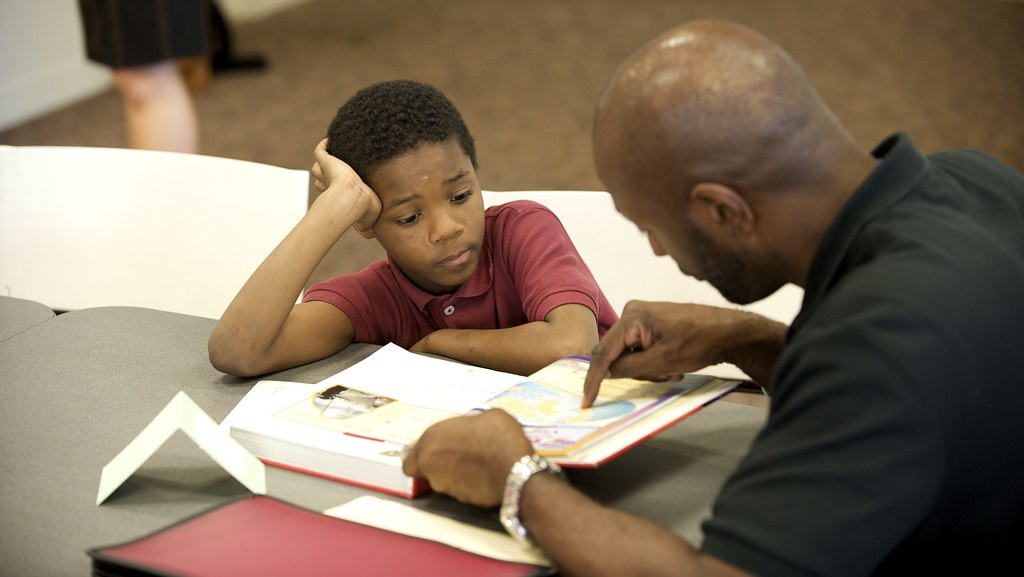Today as a society, we rely on technology more than ever. Especially with the onset of the COVID-19 pandemic in March of 2020, technology was essential to keeping children learning even though they could not attend school in person. Since then, nearly two years later, new resources and new ways of using technology to our advantage in the field of education have come forward. There are many ways that technology is changing the field of education. One way is that it is engaging and interactive. Children can engage in research, for example, to learn about concepts brought up in class. There are also engaging and fun games that get students working on their math skills and reading. Another thing that technology has brought to the table in education recently is the aspect of exposing children to the real world. Anything can be researched with just a quick search into Google, and students can learn how to do anything with a quick search on YouTube. Additionally, technology can provide students with simulations that may not be easily done in the classroom. This particularly pertains to science, with experiments, for example. Technology also adds a lot of flexibility to the classroom. As seen in the COVID-19 pandemic, children are able to learn through online means such as Zoom. Additionally, if a school runs out of snow days, for example, Zoom is a great alternative. Lastly, if a substitute must fill in for a teacher, there are lots of online measures that can be taken to make sure students are still learning through online modules, videos, interactive games or simulations, etc.
Personally, I believe that technology is a great tool if used correctly. I think it is important to be aware of screen time because some parents feel very strongly about children only being allowed so much screen time. I do not think that using technology is better than strong, in-person instruction, however, it is a great tool to keep in your back pocket for certain situations. Technology can be an excellent tool for students to review what they already know, using online games such as Kahoot, or using Quizlet. I do think that it is important to have a good balance and only use technology when it would be better than trying to demonstrate something yourself or would be a better method of instruction. All in all, some online resources are excellent for enhancing a child's education, however, it is important to be aware of keeping a good balance between strong instruction from the teacher and allowing students to learn, discover, and explore class content through virtual means.




